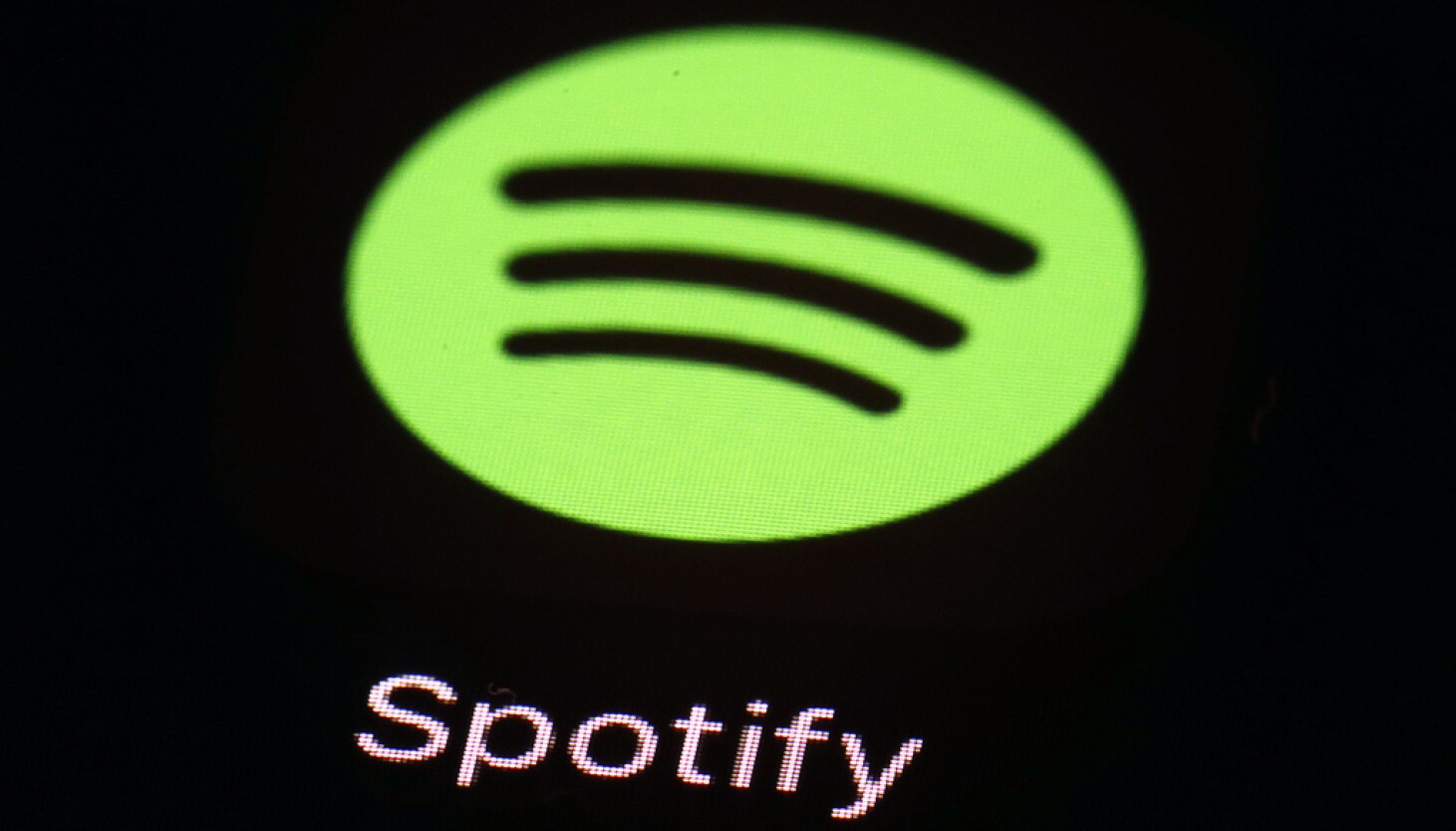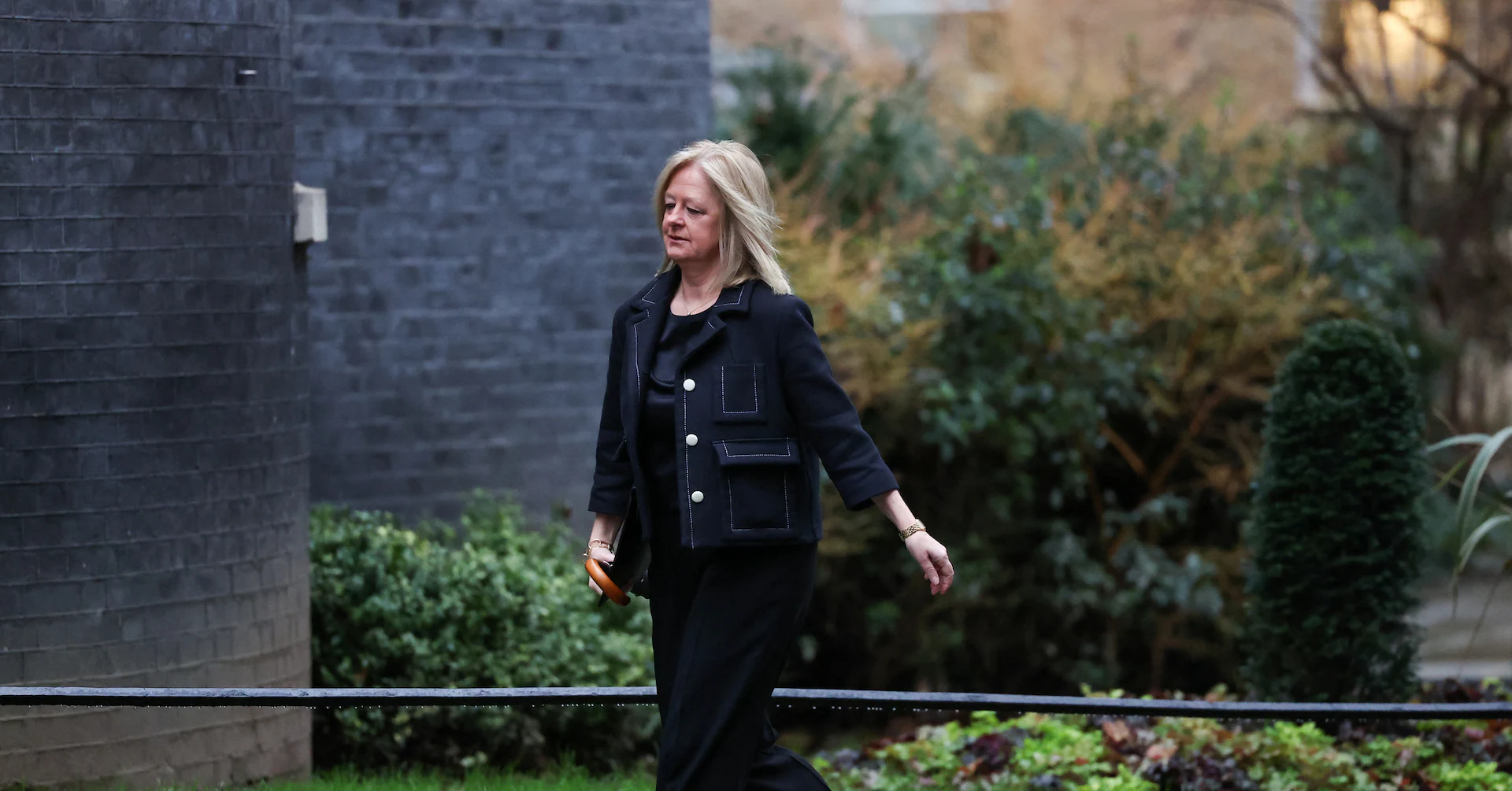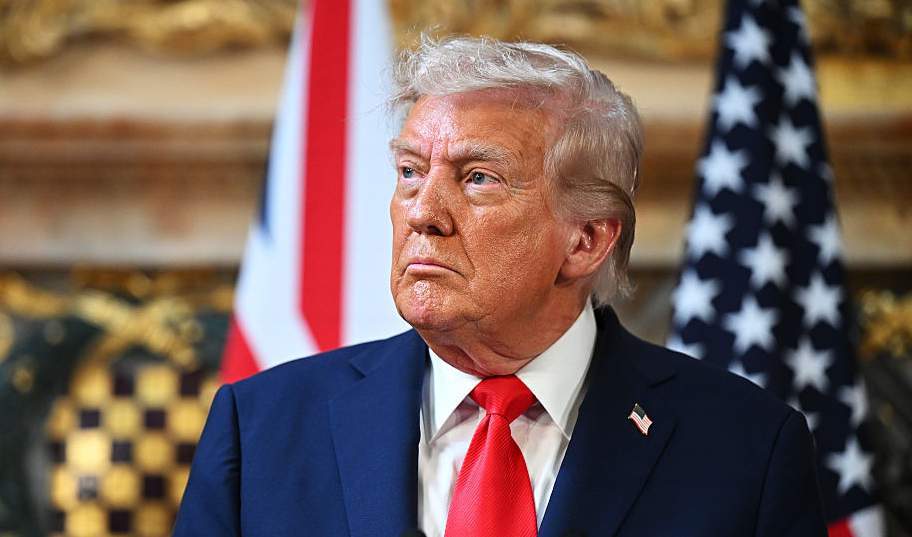
Dozens of Chicago-based musicians are pulling their music off of streaming platform Spotify over concerns about data privacy and AI, hoping their move will spark larger conversations about the distribution of music.
In an open letter published on Monday, the artists cite CEO Daniel Ek’s venture capital investment in and chairmanship of Munich-based military AI company Helsing, Spotify’s compensation model for artists, the proliferation of unlabeled AI-generated music, and the company’s algorithm-driven model that relies heavily on user data collection as core reasons. The authors of the letter point to journalist Liz Pelly’s book “Mood Machine: The Rise of Spotify and the Costs of the Perfect Playlist,” released in January, as a significant influence.
Organized by Sam Cantor, front man of the folk-rock band Minor Moon, and Austin Koenigstein, whose indie-rock solo project is called Smushie, the letter announces the artists’ intentions to, in their words, “leave the largest and most exploitative streaming platform because we believe a better music world is possible.” The letter has nearly 70 signees and stemmed from discussions between Cantor and Koenigstein, as well as fellow musicians who were frustrated by Spotify. Cantor hopes this move can serve as a model for other artists to organize and fuel conversations about how music is distributed and listened to .
In response to the Chicago musicians’ letter, a Spotify representative said, “Spotify will continue to be a place where artists can find an audience and build a career, and independent artists like these are earning more from our platform than any other streaming service. In 2024, independent artists generated about half of the more than $10 billion Spotify paid out to rightsholders.” The company also rejected the letter’s claims about Spotify selling user data to third parties, saying they are untrue.
The Chicago artists are the latest in a string of musicians to leave the platform in protest over its business practices. A number of artists and bands have announced their departures from Spotify in recent months including Massive Attack, Hotline TNT, and King Gizzard & the Lizard Wizard. A group of Seattle artists released a similar open letter earlier this month. But artists leaving the platform (and some returning) have been ongoing for years. Radiohead’s Thom Yorke removed his solo albums in 2013 in response to Spotify’s payment model. Taylor Swift kept her discography off the platform from 2014-17 for similar reasons. Both artists have since returned their music to Spotify. Joni Mitchell and Neil Young left in 2022 in protest of the company’s exclusivity deal with podcaster Joe Rogan and returned in 2024 after the deal ended.
It was important to Cantor and Koenigstein that this action does not devolve into a moral purity test that sparks infighting among artists or vilifies those who stay on the platform. Even pulling a portion of one’s catalog can make a statement and there are numerous factors that affect the choice. For example, label contracts can limit an artist’s control over distribution. Additionally, pulling music from Spotify may not be economically feasible. Koenigstein himself said he’s had to take on extra work to make up for money lost from not being on Spotify.
For many artists, removing songs from the platform can seem like closing a door career-wise, given the fact that Spotify is estimated to have about a third of the music streaming market globally. Being included on a Spotify editorial playlist like “Today’s Top Hits” or “RapCaviar” can be game-changing for small artists. Much of the music industry relies on Spotify streaming numbers to assess the viability of an artist.
“The business needlessly quantifies the ‘value’ of music through such metrics,” noted signee Carolina Chauffe, “phone-fi alt-folk” artist hemlock. “That unfortunately [goes] on to genuinely influence the decisions of many bookers, venues and even listeners.”
Isabel Olive, a singer-songwriter who performs contemporary rock and Latin American pop-inspired music as Half Gringa, thinks streaming numbers are becoming understood as an inaccurate metric that doesn’t necessarily translate into fans engaging meaningfully and showing up in person.
Multiple signees expressed longstanding discontent with Spotify’s approach to music, specifically how its user interface and algorithmic curation promote passive listening. The app has been criticized for its deprioritization of albums in favor of personalized playlists and use of “ghost artists,” who are commissioned to produce high volumes of music under various pseudonyms.
Spotify is estimated to have one of the lowest payout rates among streaming services and demonetized songs with fewer than 1,000 streams last April, going from paying, as Rowan Roth, one half of experimental rock, synth-pop duo Hell Trash, put it, “basically nothing to actually nothing.” The company characterized this move as an effort to combat artificial streaming. A Spotify representative clarified that payouts are pro-rata, based on the percentage of total streams.
Amid the rise of AI and the paradox of choice, many artists are honed in on the human, personal elements of their work. Mykele Callicut, known as rapper Mykele Deville, hopes that artists and fans alike become more intentional about their media consumption and more skeptical of companies. In response to the letter’s concerns about AI, a Spotify representative pointed to its newly announced policy around labeling AI-generated music, filtering out spam and preventing impersonation.
“Our growth is predicated on the growth of those record payouts, so the assertion would not make sense for Spotify,” the rep said.
Shravan Raghuram, drummer in “explosion ensemble” When the Wall Breaks Down who signed the letter, said artists have more agency than they think.
“As musicians, how we release our music is also a part of the art that we’re making,” Raghuram said. “Something that doesn’t involve all of these middlemen. That’s something that a lot of artists should consider.”



